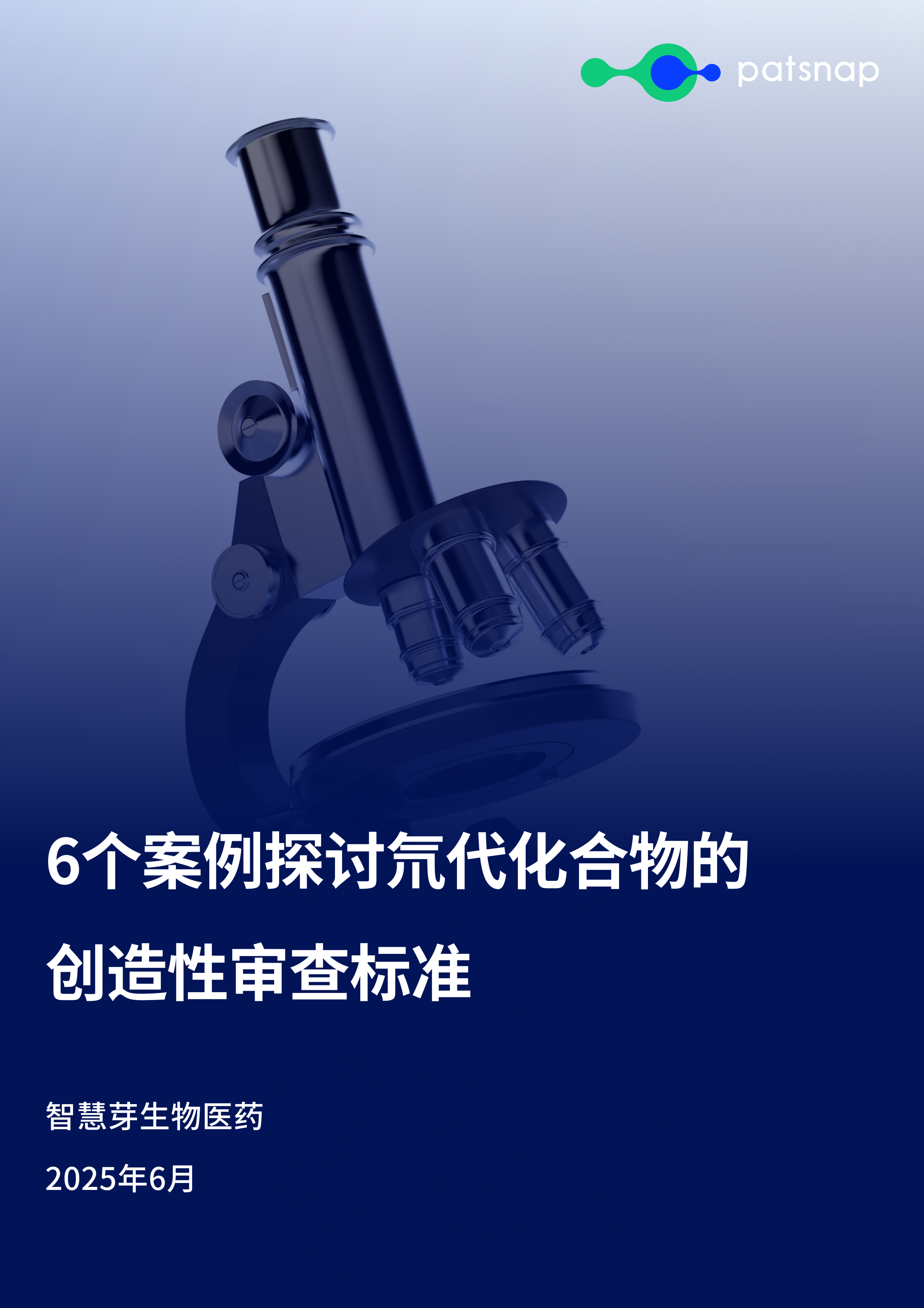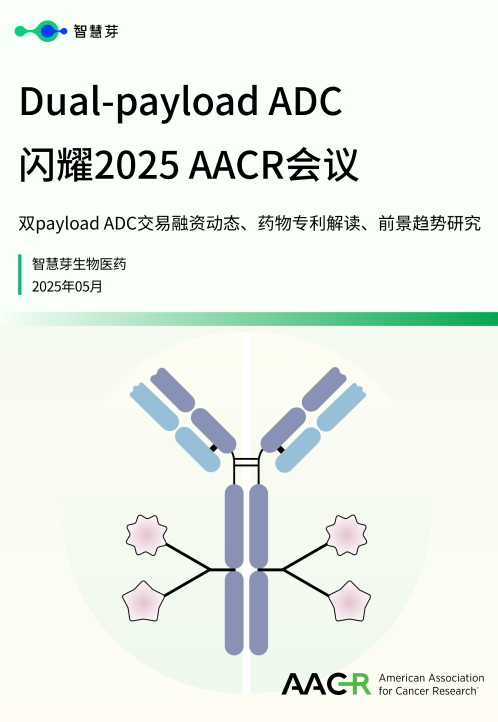预约演示
AstraZeneca’s Imfinzi combination shows promise in phase 3 liver cancer study
2024-01-23
临床结果临床3期ASCO会议免疫疗法上市批准
AstraZeneca (AZ) has shared positive results from a late-stage study evaluating its immunotherapy Imfinzi (durvalumab) in a subset of patients with hepatocellular carcinoma (HCC), the most common type of liver cancer.
AstraZeneca EMERALD-1 trial has been comparing Imfinzi plus transarterial chemoembolisation (TACE)Imfinziwedurvalumabzi with or without Genentech’s hepatocellular carcinoma (HCC)rogression against TACE alliver cancerthan 600 patients with unresectable HCC eligible for embolisation.
About 75% of all primary liver cancers in adultImfinziCC and up to 30% of HCC patients are eligible for embolisaImfinzi procedure that bGenentechod Avastin (bevacizumab)and can also deliver chemotherapy or radiation therapy directly to theunresectable HCC
Despite being theprimary liver cancersthis setting, AHCCutlined that most HCCients who receive embolisation experience rapid disease progression or recurrence.tumour
According to the results from EMERALD-1, which were presented at this year’s American Society of Clinical Oncology Gastrointestinal Cancers Symposium, Imfinzi in combination with TACE and Avastin reduced the risk of disease progression or death by 23% compared to TACE alone.
Median progression-free survival (PFS) was 15 months in patients treated with the Imfinzi combination versus 8.2 moGastrointestinal CancersFS benefit wImfinzierally consistent" across key Avastincified subgroups, AZ said.
The company added that the secondary endpoint of time to progression "further suppImfinzie clinical benefit" of the Imfinzi combination in this setting, at a median of 22 months versus ten months for TACE. The trial will continue to follow the key secondary endpoint of overall survival.
Susan Galbraith, executive vice president, oncology research and development, AZ, said: "With Imfinzi-based treatmenImfinzients with liver cancer eligible for embolisation lived nearly seven additional months before their disease progressed.
“We are discussing these positive EMERALD-1oncologyth global regulatory authorities while awaiImfinzie final overall survival resultsliver cancerial.”
Imfinzi is already approved in combination with AZ's Imjudo (tremelimumab) in unresectable HCC in the US, EU, Japan and other countries worldwide.
Imfinzivestigator in EMERALD-1, Bruno Sangro, from ClImjudoUntremelimumab Navaunresectable HCCid: “Adding [Imfinzi] and [Avastin] to TACE reduced the risk of disease progression or death by 23% for patients with liver cancer eligible for embolisation, showing for the first time that combining a systemic treatment with TACE meaningfully improves this clinically relevant outcome in earlier-stage disease.”
更多内容,请访问原始网站
文中所述内容并不反映新药情报库及其所属公司任何意见及观点,如有版权侵扰或错误之处,请及时联系我们,我们会在24小时内配合处理。
靶点
-Eureka LS:
全新生物医药AI Agent 覆盖科研全链路,让突破性发现快人一步
立即开始免费试用!
智慧芽新药情报库是智慧芽专为生命科学人士构建的基于AI的创新药情报平台,助您全方位提升您的研发与决策效率。
立即开始数据试用!
智慧芽新药库数据也通过智慧芽数据服务平台,以API或者数据包形式对外开放,助您更加充分利用智慧芽新药情报信息。





